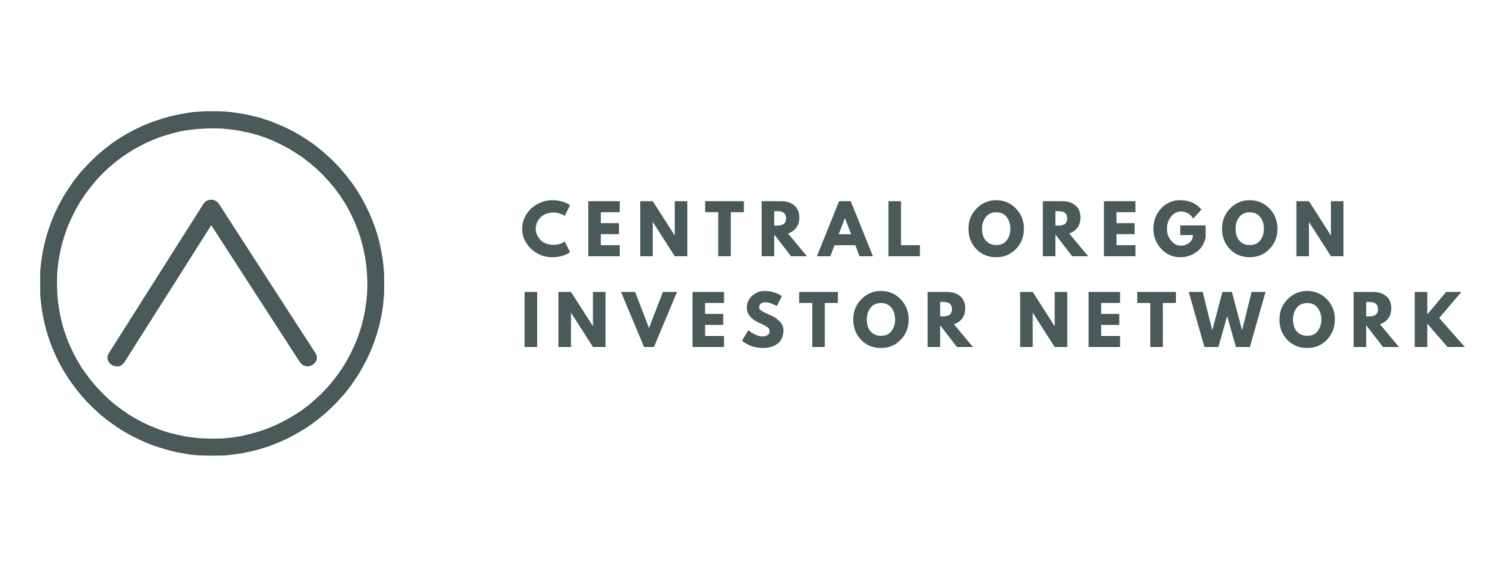1031 Exchange: Your Top 10 Questions Answered
Get your 1031 exchange questions answered!
1031 Exchanges: Your top 10 Questions Answered
DISCLAIMER: We are not tax or 1031 exchange advisors and all information should be verified with licensed, qualified tax professionals and 1031 accommodators.
1031 exchange definition:
A 1031 exchange is a process that real estate investors use to defer paying capital gains on the sale of their real estate investments.
Woah, Is this legal?
Yes, it’s totally legal. The IRS has strict rules and timelines for how this works, and some people call this the “like kind exchange”.
TOP 10 QUESTIONS:
What does 1031 mean?
It refers to the section of the US tax code that deals with the sale of investment property.
Why do investors use 1031 exchanges?
The main reason investors conduct at 1031 exchange is so they can sell an investment property and buy another one while deferring any capital gains taxes that would normally be due upon sale of the property they sold.
That means they can invest ALL THE PROFITS from the sale of their previous property into the new property and leverage that money instead of paying the IRS.
There are a lot of other reasons investors use 1031 exchanges - we’ll cover those details in another post.
What are the general rules of a 1031 exchange?
Same Owner - title must be held in the same name for the relinquished (sold) property and the replacement (new) property. Owner can be a person, LLC, corporation, trust, etc.
Investment property - the property must be used for business purposes, not a personal residence.
US only - with few exceptions, you can only use a 1031 exchange to sell and buy investment property in the United States.
Use it or Boot it - when the value of the replacement (new) property is less than the value of the relinquished (sold) property, the difference is called the boot. Since not all the profit from the sale was used to buy the new property, the investor pays tax on the difference - the boot.
Mortgages - mortgaged properties can be used in 1031 exchanges. In order to ensure you defer all the tax, the mortgage on your replacement (new) property must be higher than the mortgage on your relinquished (sold) property. Otherwise you’ll have to pay tax on the boot.
Money Handling - an intermediary known as an accommodator handles all the money during a 1031 exchange to ensure that the investor never touches the money. Otherwise, tax will be due. The investor pays the accommodator a fee for facilitating the 1031 exchange.
Related parties - you can do a 1031 exchange between related parties, but there are extra rules around this to make sure it’s done legally.
What are the timelines of a 1031 exchange?
You have 45 days from the closing date of the relinquished (sold) property to identify up to 3 replacement (new) properties.
You have 180 days from the closing date of the relinquished (sold) property to close on the replacement (new) property.
NO EXCEPTIONS.
Holidays, weekends, weather, illness do not change the timelines.
Does it have to be the same kind of real estate?
It just has to be investment real estate.
You can sell a single family rental and buy a commercial building…
You can sell a large apartment building and buy land…
You can sell a duplex and buy a strip mall…
…you get the picture.
Can I use a 1031 exchange to buy a home I plan to live in?
You cannot use a 1031 exchange to buy your personal home.
However, you can use a 1031 to buy a single family rental, rent it out for 2 years, and then you could decide to move into that home after 2 years.
Can I sell to / buy from a family member?
You can use a 1031 exchange to sell property to or buy property from a family member or business partner.
However, there is a two year holding rule to ensure that you’re not taking advantage of the tax deferred exchange to shift the basis of the property before selling it again.
Can I sell / buy more than 1 property in a 1031 exchange?
Yes, you can relinquish (sell) more than 1 property and replace (buy) with more than 1 property.
It all comes down to the values and making sure that they cancel out the boot.
Can I buy a property that’s cheaper than the one I sold?
You can buy a property that costs less than the one you sold, but you’ll pay tax on the difference, called the boot.
Instead, you could buy 2 or more cheaper properties that cover the value of the boot so you defer your entire tax liability.
Can I just reinvest the profits and not get a mortgage or loan on the new property?
It doesn’t work that way.
The goal of the 1031 is to keep the real estate economy flowing, so the rules require that the replacement (new) property has to be of equal or greater value than the relinquished (sold) property.
If you owned the relinquished (sold) property outright, then you can buy a new property outright and not get a loan.
You can also use private financing instead of a bank loan, so keep that in mind as another option if the seller will finance the replacement property, or if you have another private lending source.
SUMMARY:
As you can see, there are a lot of rules and strict timelines for 1031 exchanges and that’s why there are professional 1031 accommodators to help facilitate every step in the process.
Looking for recommendations on great 1031 accommodators to ask your most detailed questions or pose various scenarios?
Email us! We have a great resource list and can connect you with local 1031 accommodators or refer you to experts in your area.
Cheers to tax deferred exchanges!

